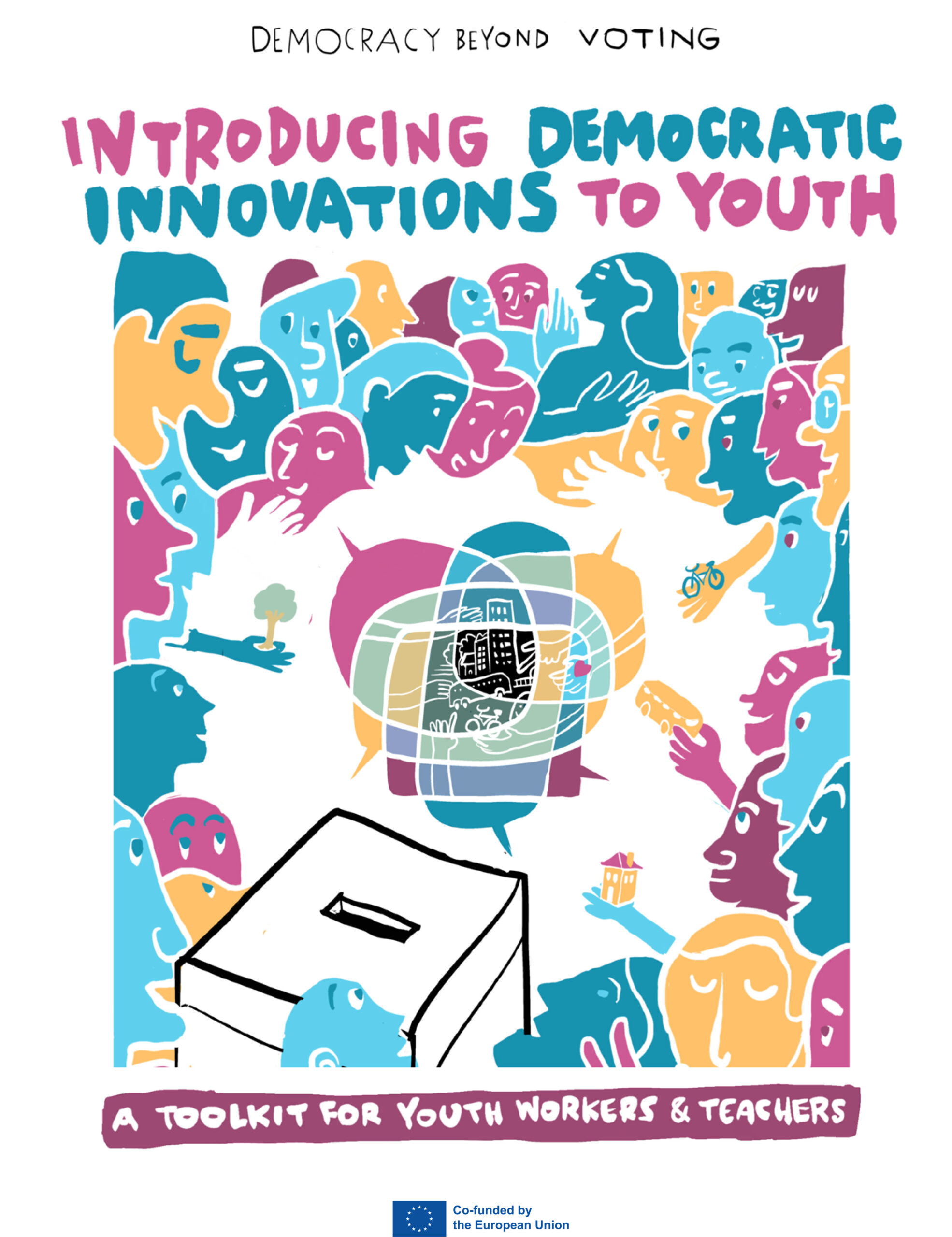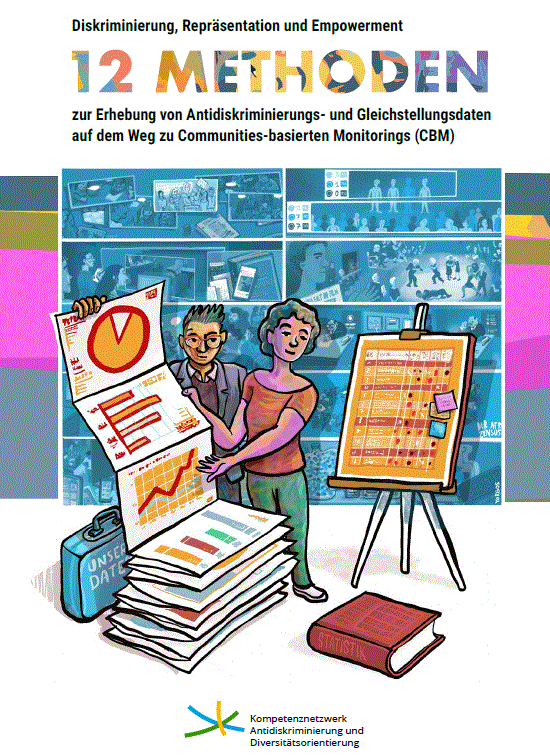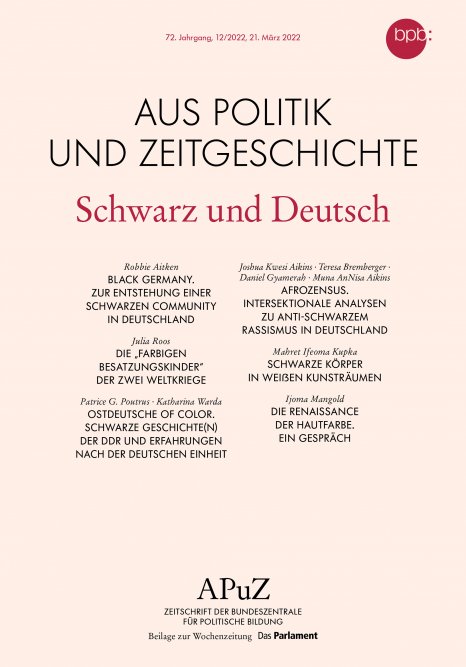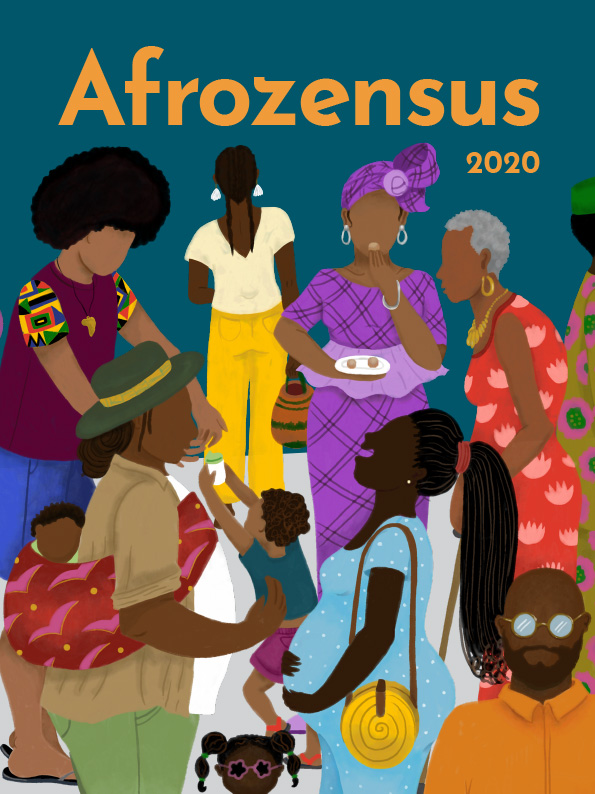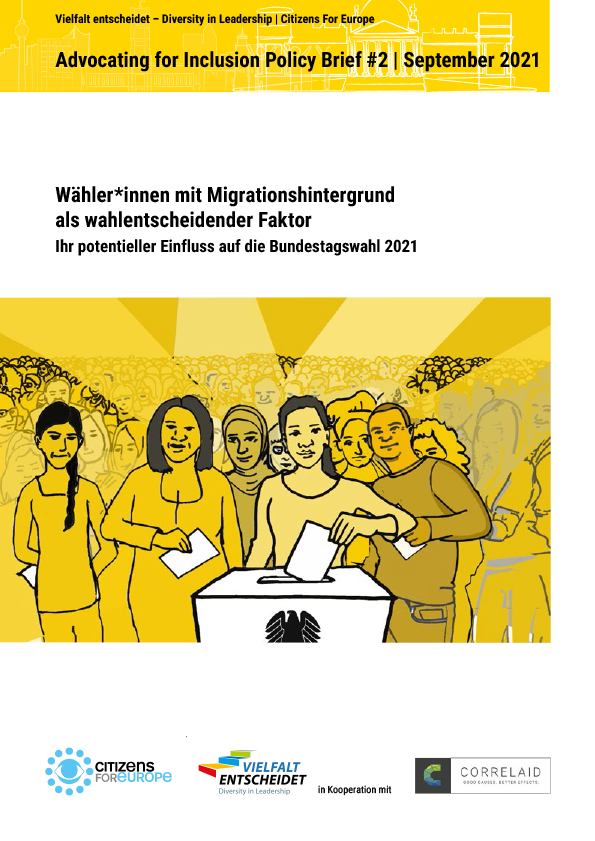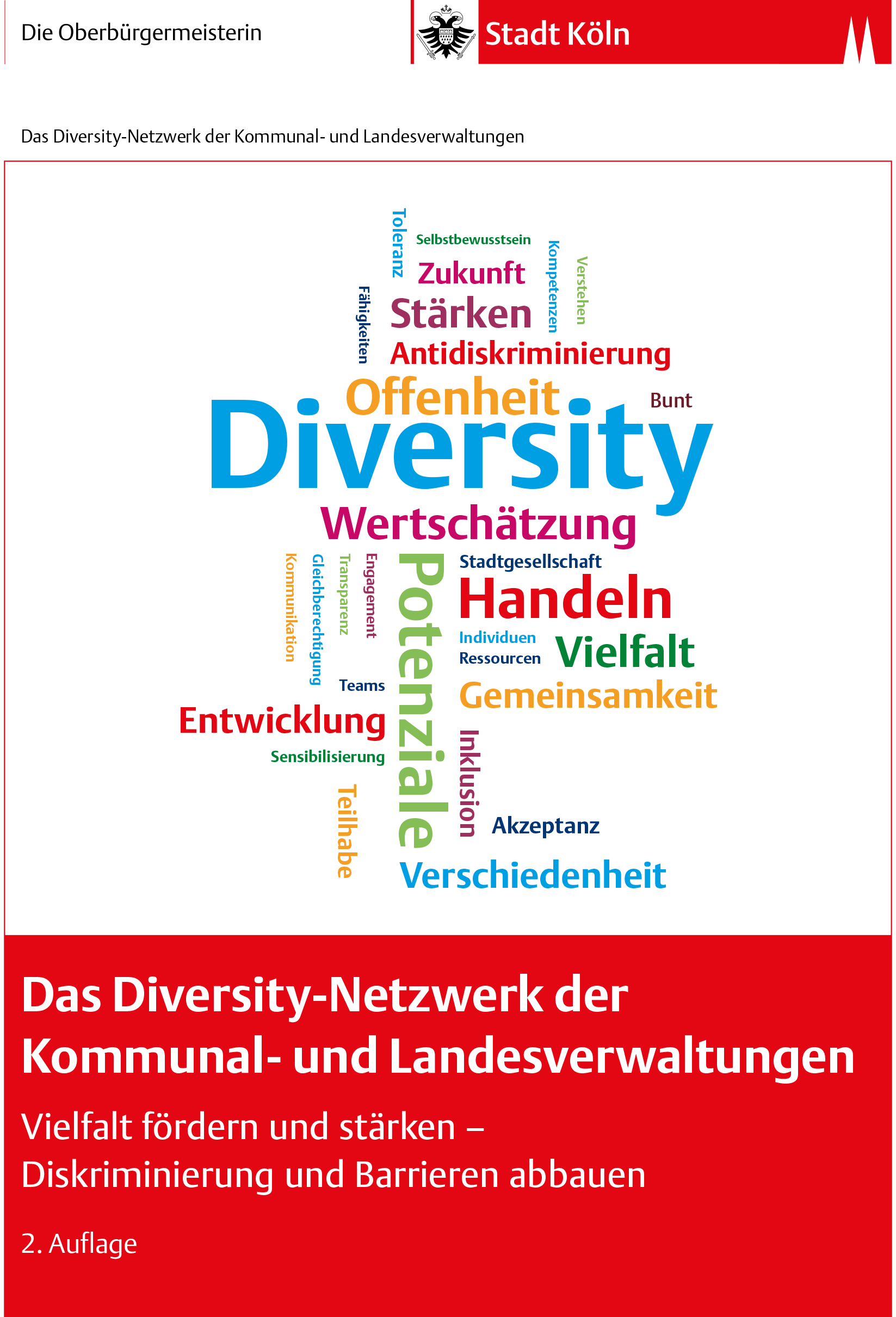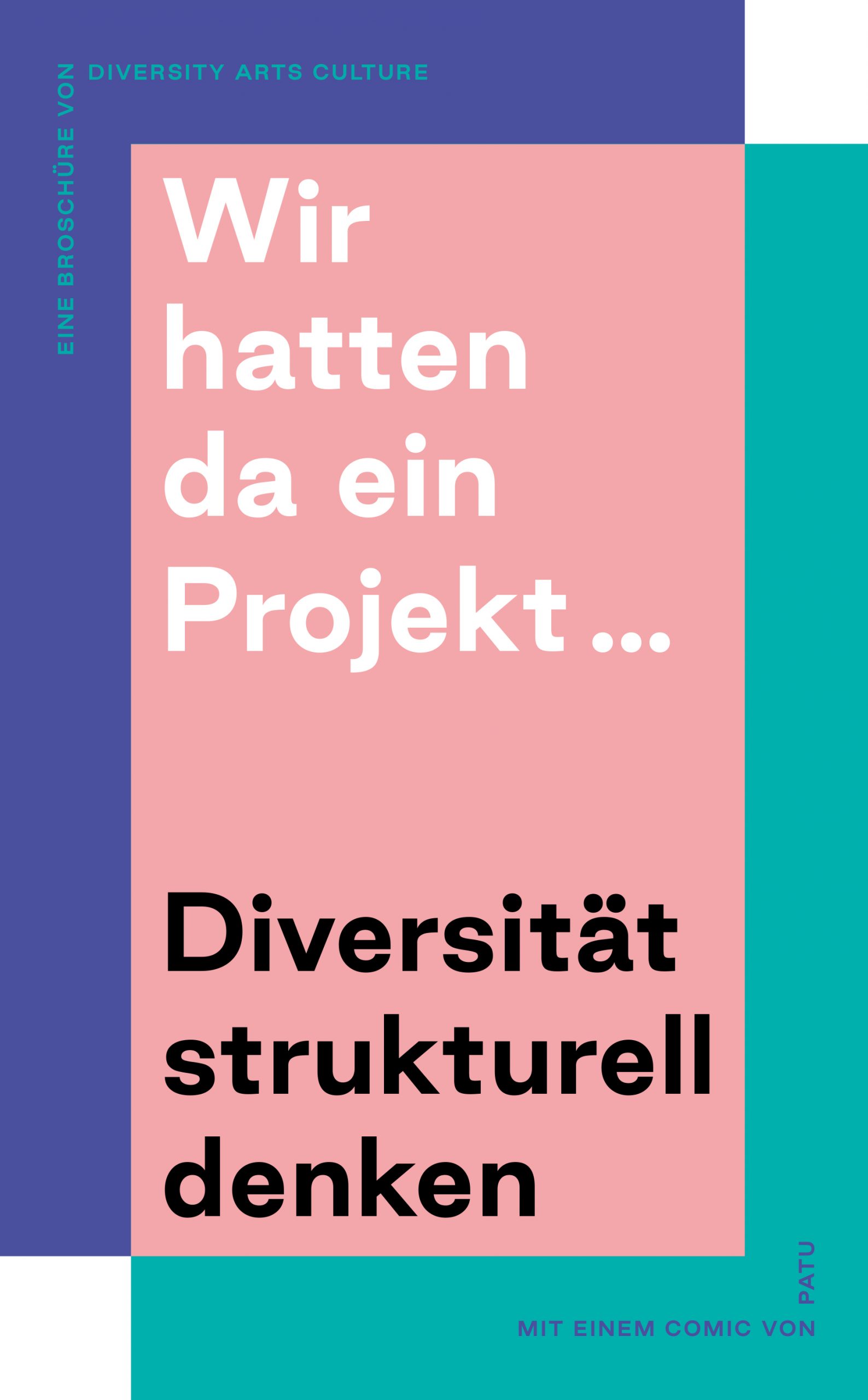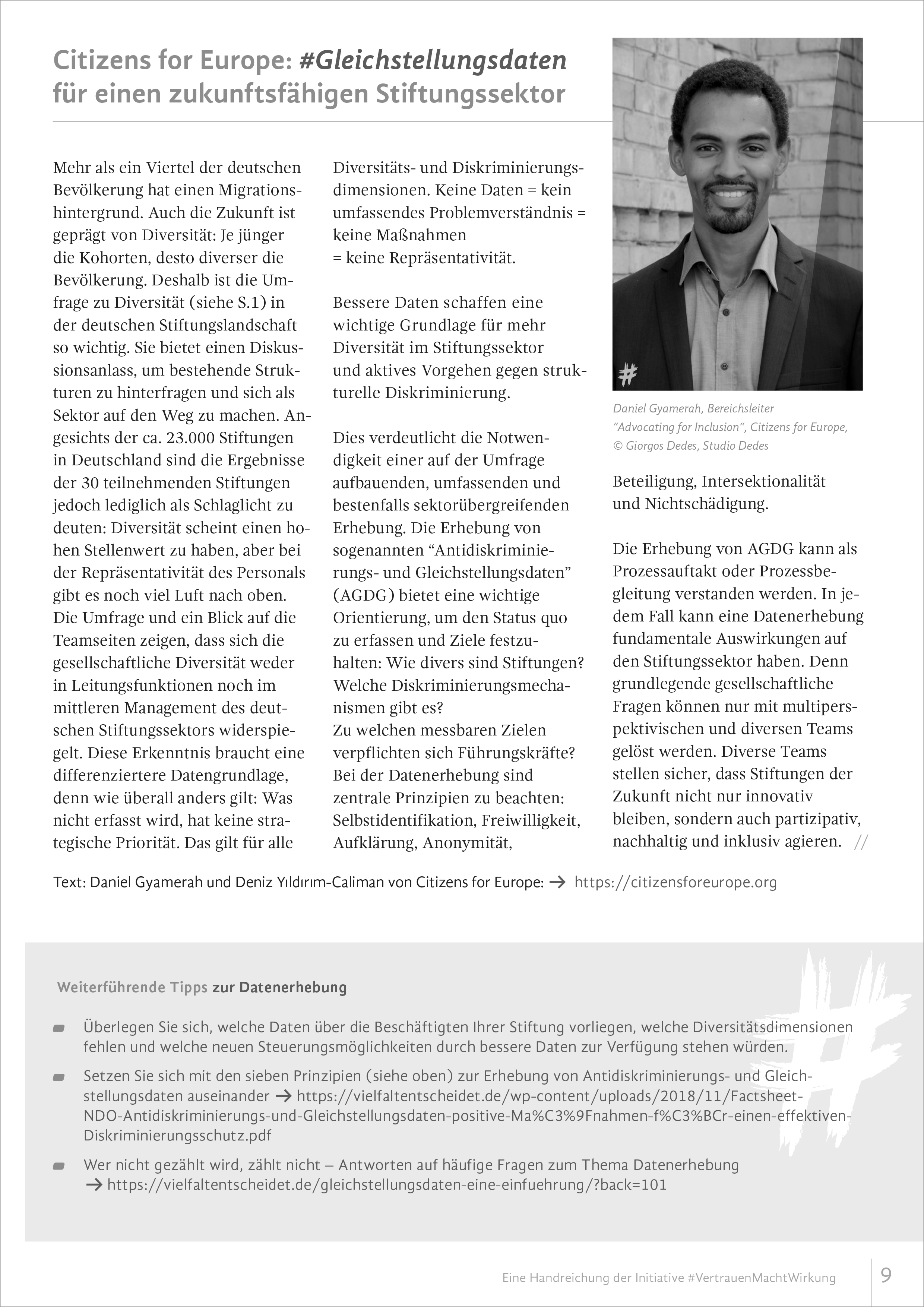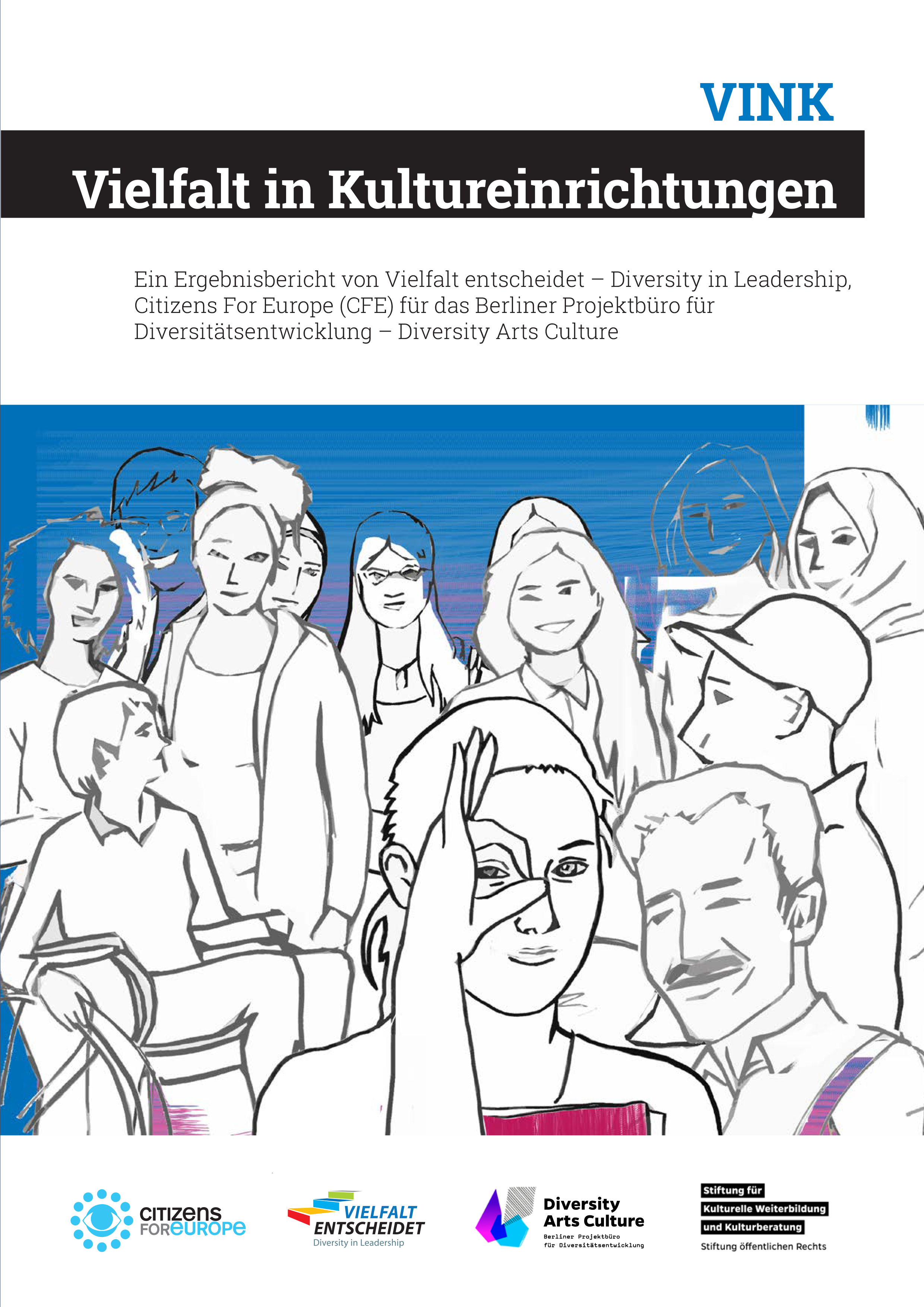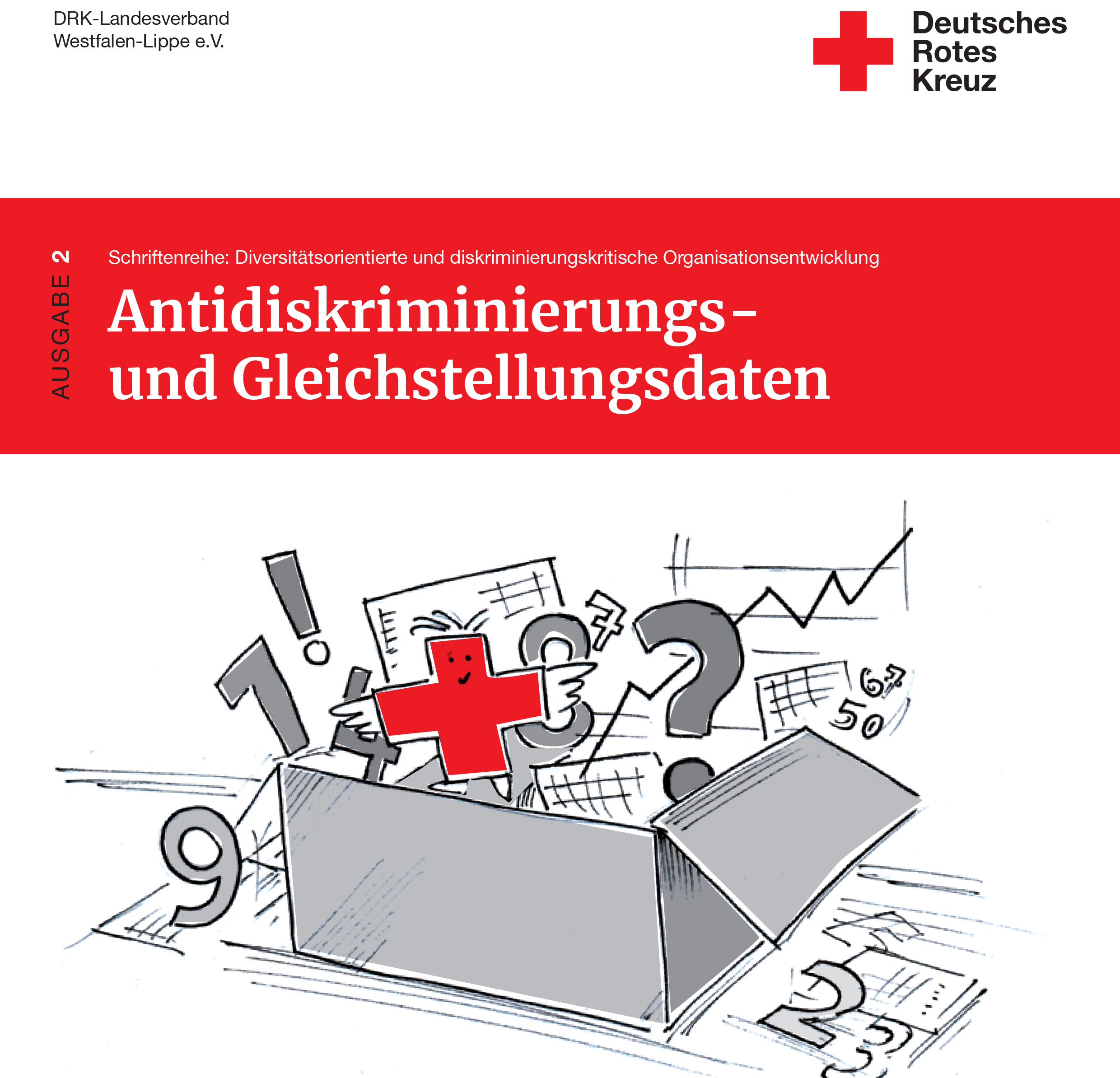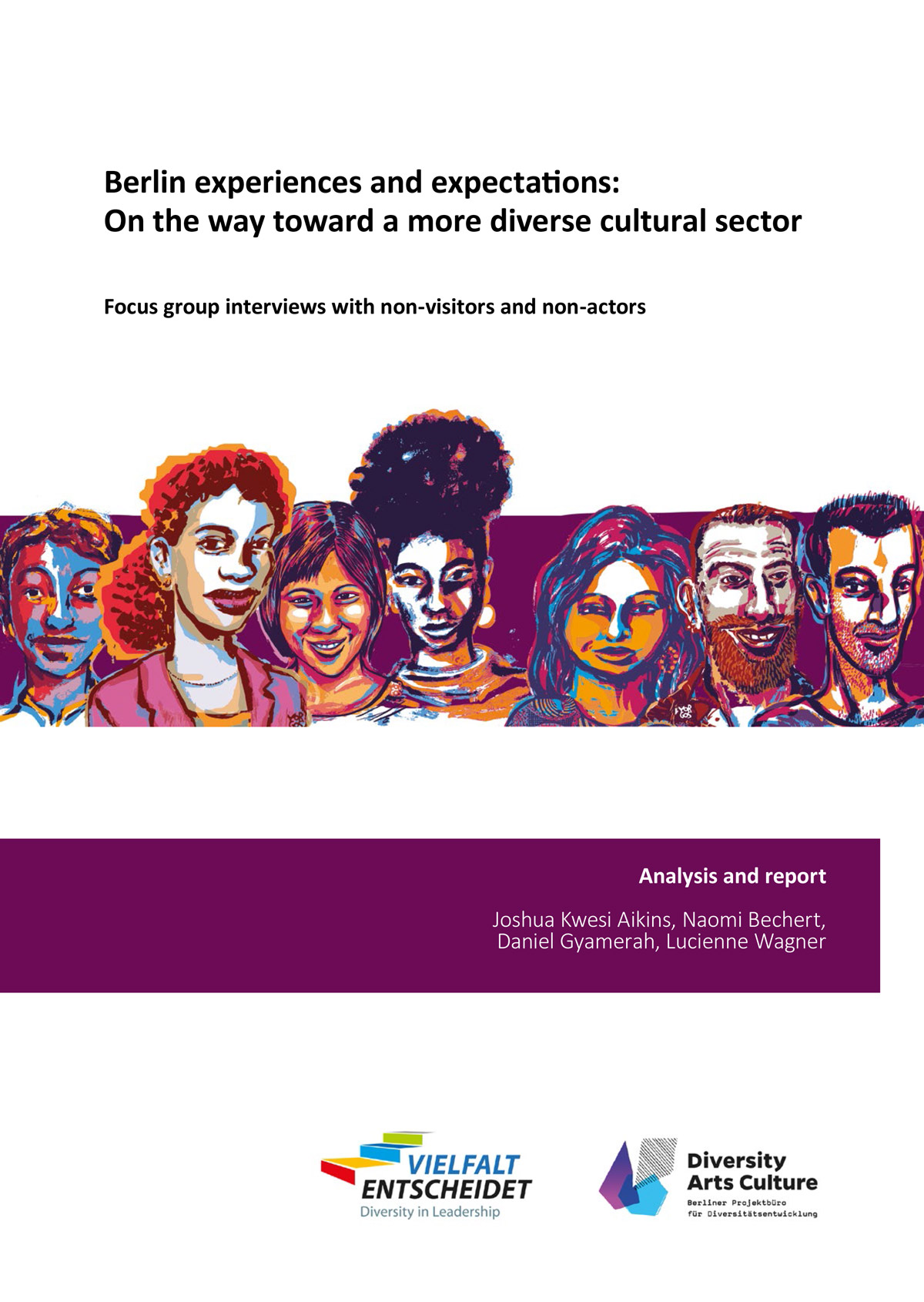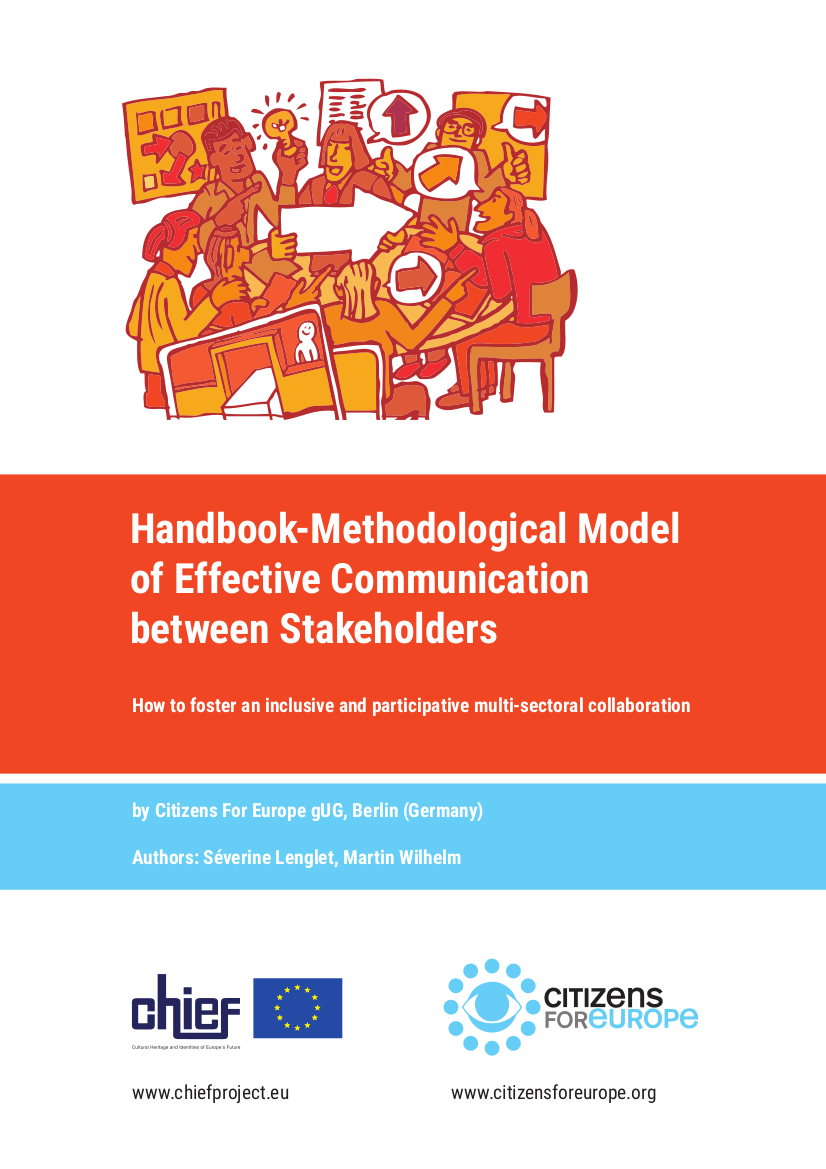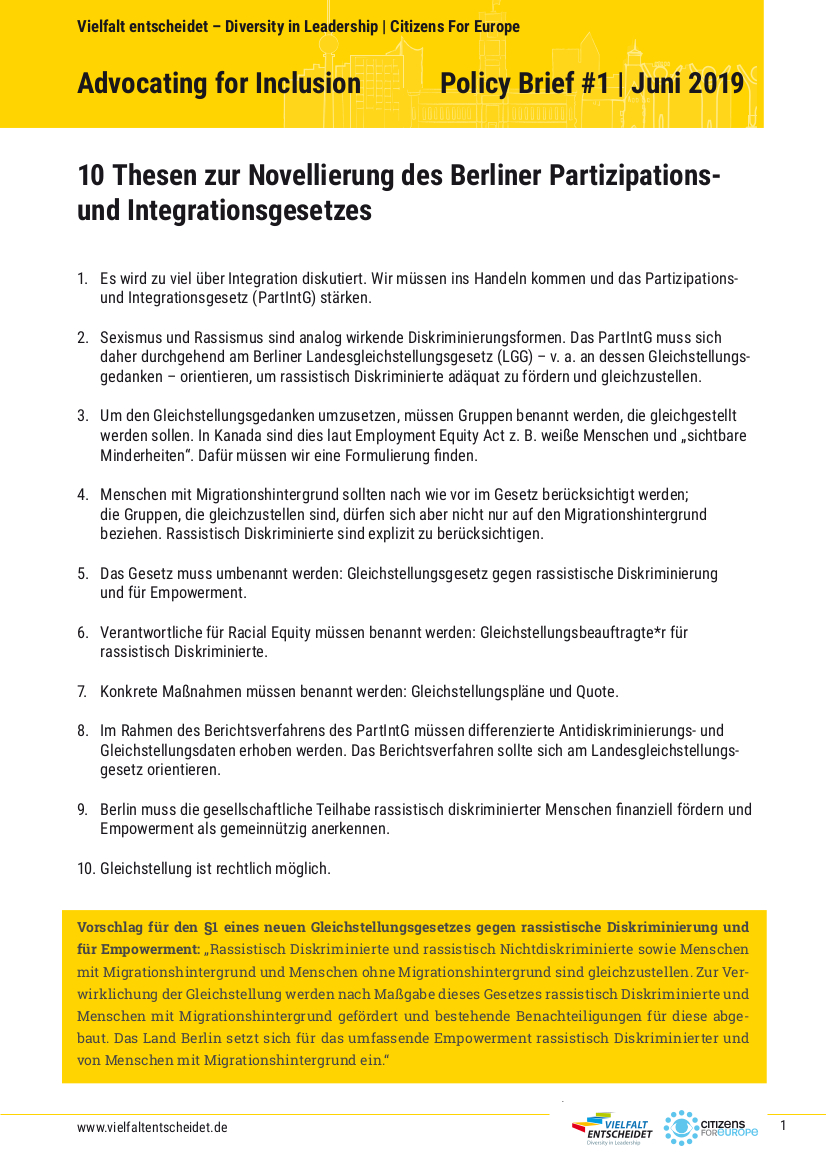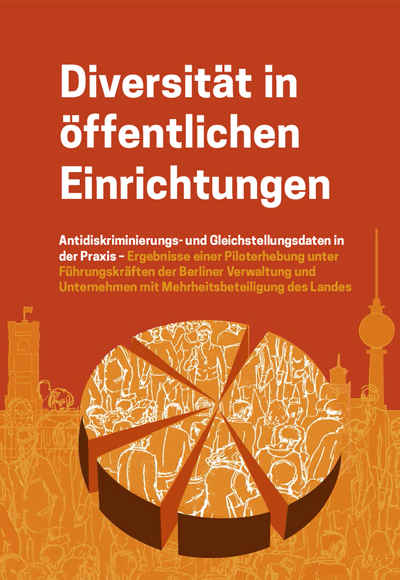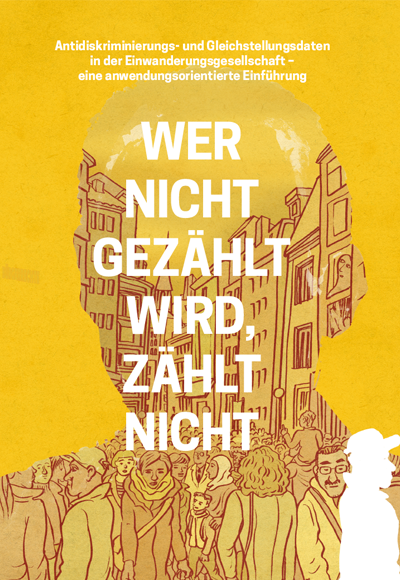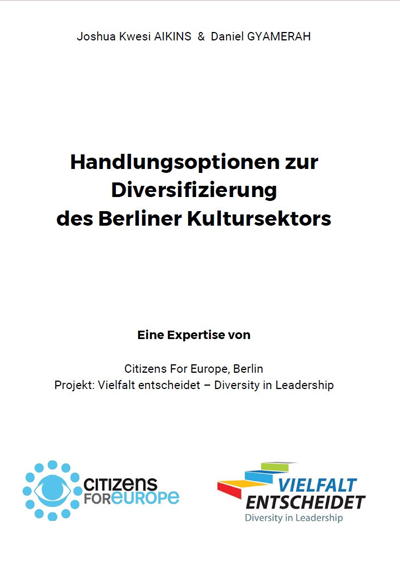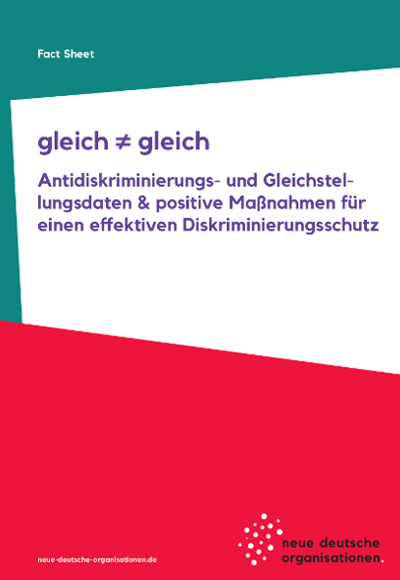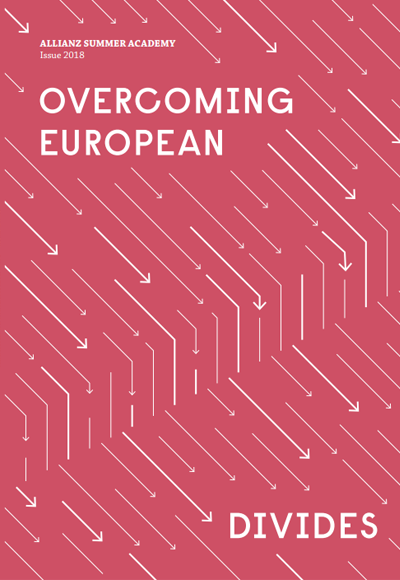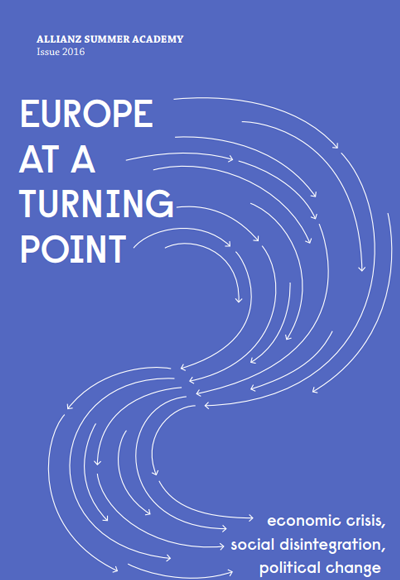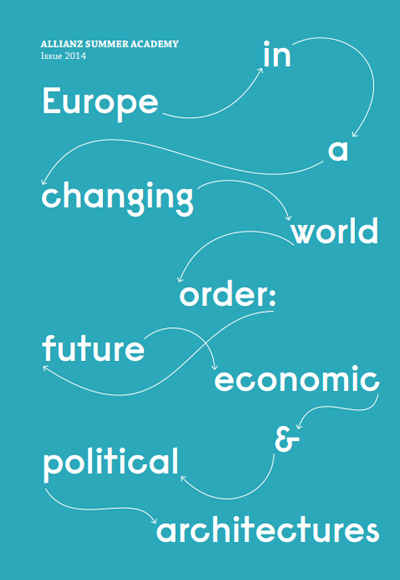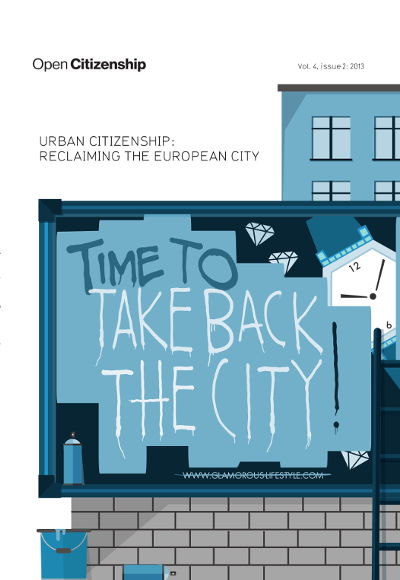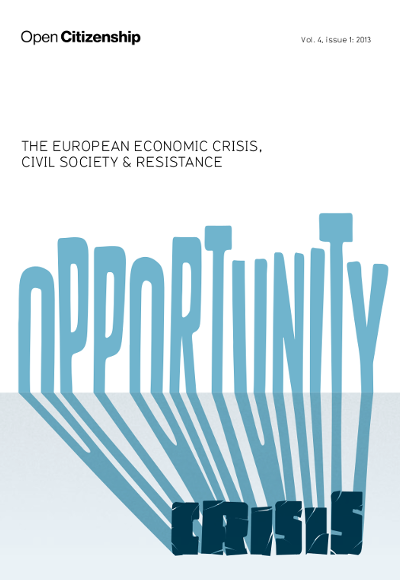
Democracy beyond Voting: Introducing Democratic Innovations to Youth
This toolkit supports youth workers and teachers in introducing the topic of democratic innovations in their work with youth and in applying participatory approaches. The toolkit proposes a set of non-formal education activities and methods to introduce this topic to young people aged 12-20, with the aim to inspire them to participate more in the decision-making of their schools and communities.
Diskriminierung, Repräsentation und Empowerment: 12 Methoden zur Erhebung von Antidiskriminierungs- und Gleichstellungsdaten auf dem Weg zu Communities-basierten Monitorings (CBM)
This publication, developed by Vielfalt entscheidet and the Antidiskriminierungsverband Deutschland as part of the Competence Network Anti-discrimination and Diversity Orientation, outlines core aspects of current professional developments in the collection of anti-discrimination and equality data. For this purpose, 12 collection methods, practice-oriented tips and theoretical considerations are summarized. The publication is intended to contribute to more transparency and standardization in application-oriented data collection and thus also to make the subject area accessible to more people.
Afrozensus: Intersektionale Analysen zu Anti-Schwarzem Rassismus in Deutschland – APuZ
Der Afrozensus, die erste umfassende Studie zu Schwarzen, afrikanischen und afrodiasporischen Lebensrealitäten in Deutschland, zeichnet Muster des Anti-Schwarzen Rassismus nach und zeigt, wie diese in verschiedenen Lebensbereichen zusammenwirken. Dieser Artikel wurde in „Aus Politik und Zeitgeschichte“ veröffentlicht. Die Beilage zur Wochenzeitung „Das Parlament“ – wird von der Bundeszentrale für politische Bildung herausgegeben.
Afrozensus 2020
Almost 6,000 Black, African and Afro-diasporic people in Germany took part in the online survey #Afrozensus. For the first time, comprehensive data is now available on their realities of life, experiences of racism and commitment. The results indicate that anti-Black racism (ASR) is widespread in Germany and entrenched in institutions. Criminalization, exoticization, and sexualization are just three of the many patterns through which anti-Black racism is characterized and experienced by many respondents. The survey ran from July 20 to September 06, 2020.
Voters with a Migrant Background as a Decisive Factor in Elections
Around 7.6 million people with a migration background are eligible to vote in the Bundestag elections - that is 12.2% of all eligible voters. In which constituencies do eligible voters with a migration background also have the potential to decide the Bundestag election? For the first time, the Citizens For Europe study provides well-founded estimates.
Learning, practicing and living diversity orientation
It is essential that administrations reflect the diversity of the population, because only what is internally lived and actively shaped can be reflected in administrative action. With regard to the representation of people who experience racial discrimination, there is as yet no data that takes the experience of those affected as a starting point. This article provides insights into the results of the study "Diversity in Public Institutions - Experiences and Competencies at the Management Level" and explores the question of how administrations can actively work intersectionally, critical of racism and diversity-oriented. (S. 54-67).
VINK Vielfalt in Kultureinrichtungen
The Berlin project office for diversity development Diversity Arts Culture (DAC) has commissioned our team to conduct basic research in Berlin cultural institutions in order to set up their own work in a data-based manner. Three institutions participated in the survey in 2019 - the Staatsballett, the Berlinische Galerie, and the Berlin Wall Foundation.
Wer nicht gezählt wird, zählt nicht – Empirische Forschung zu Schwarzen Menschen in Deutschland
In WZB Mitteilungen 169, Joshua Kwesi Aikins, Daniel Gyamerah, Josefine Matysiak, and Anne Piezunka take a look at empirical research on Black people in Germany and use the example of the Afro Census to show potential for future research projects. Summary: So far, debates on anti-Black racism in Germany have been conducted without large-N quantitative empirical findings. As a result, there is a lack of quantitative data on the experiences of discrimination and the realities of life of black people in Germany. Using the example of the recently concluded Afrozensus, the requirements for anti-racist empirical social research are discussed.
DRK – Anti-discrimination and equality data
This publication fprovides an overview of the concept of anti-discrimination and equality data. The study "Diversity in Public Institutions - Experiences and Competencies at Management Level" is used as an example of how differentiated anti-discrimination and equality data can be collected and which recommendations for action can be derived from it.
Berlin experiences and expectations: On the way toward a more diverse cultural sector
Given Berlin’s image as a cultural hub, the experiences of the groups of people excluded from the city’s very own cultural sector provide key insights: How is diversity faring in this key industry? What are the barriers that prevent the art sector from being as diverse as the society reflected in the streets of Berlin? What creative solutions do people find who have become non-visitors and non-actors, often against their will? To explore these and other questions, the authors invited people with diverse experiences and interviewed them in four focus group.
Daten für die vielfältige Gesellschaft – EN
What data do we need to measure equality, participation and discrimination? What can be achieved with anti-discrimination and equality data? How can anti-discrimination and equality data be collected in practice in a precise and non-discriminatory way? On 11.09.2019, the Department for Democracy of the City of Munich held a specialist discussion on the topic of "Anti-discrimination and equality data". A documentation of the central theses of the experts can be found in this publication.
Handbook – Methodological Model of Effective Communication between Stakeholders
The European project CHIEF builds a dialogue between young people, researchers, education practitioners, policymakers, community leaders and civil society activists in order to facilitate a future of Europe based on more inclusive notions of cultural heritage and cultural identity. This handbook presents a methodological model of effective communication between these various stakeholders and guides the CHIEF-teams in initiating, planning and implementing a Multi-Stakeholder Partnership (MSP) at the local, regional or national level. It provides methods, tools and resources to allow for an inclusive and participative multi-sectoral collaboration.
Diversität in Verwaltung & Co
In 2017, the Vielfalt entscheidet – Diversity in Leadership team carried out the present survey of equality data in Berlin's public institutions. The study was developed and implemented under the scientific guidance of the Berlin Institute for Integration and Migration Research (BIM, Humboldt University). The results show how diverse the management positions are and which strategies and measures to promote diversity and equal opportunities are already being implemented in the Berlin administration and where managers see a further need to become active.

GLEICHSTELLUNGSDATEN – EINE EINFÜHRUNG
This publication was produced by our team Vielfalt entscheidet. It answers basic questions about anti-discrimination and equality data. The term equality data can be very broad and basically describes all qualitative and quantitative data and information that are helpful to describe the status quo of equality and to make discrimination transparent in all dimensions of discrimination.

Gleich ist nicht Gleich
Im Dossier der neuen deutschen organisationen sind verschiedene kontroverse Diskussionsstränge zu Antidiskriminierungs- und Gleichstellungsdaten abgebildet. Darunter sind Perspektiven aus der Community, der Verwaltung, Wissenschaft und NGOs. Unser Projekt "Vielfalt entscheidet – Diversity in Leadership" ist mit einem Beitrag zur gesellschaftspolitischen Bedeutung von Antidiskriminierungs- und Gleichstellungsdaten“ vertreten.
Handlungsoption Kultursektor
The present expertise shows how existing control instruments for the diversification of the Berlin's cultural sector can be better used. Relevant examples from Hamburg and Great Britain will be presented in a detailed presentation of concrete options for action. For the promotion of diversity, target-oriented interactions between politicians, administrators and Cultural institutions are highlighted. To this end, clear guidelines, concrete measures as well as formulation proposals for the coalition agreement for the 2016 - 2021 legislative period are presented.
Factsheet Gleichstellungsdaten
Anti-discrimination and equality data help to make structural discrimination visible on an institutional, cultural and individual level in order to be able to actively counteract it through promotional measures and, in particular, to reduce institutional racism, (hetero-/cis-)sexism and discrimination (against people with disabilities) etc. This factsheet from neue deutsche organisation was produced in partnership with our project "Vielfalt entscheidet - Diversity in Leadership".
Overcoming European Divides
Since 2014, we have been publishing Allianz Summer Academy, in which controversial European issues are discussed from the perspective of young students from well-known universities and civil society organisations. Their analyses and conclusions on the political explanations for euroscepticism; the fight against poverty and the perspectives for a collective European social security strategy; the relevance of unemployment for the future of European societies; the patterns of cooperation and division in the fight against terrorism at the European level and the reconciliation of generational perceptions for the revival of the European project are reflected in this issue.
ASA Europe at a turning point
Since 2014, we have been publishing Allianz Summer Academy, in which controversial European issues are discussed from the perspective of young students from well-known universities and civil society organizations. In this issue, you’ll find their diagnoses of and solutions to the current alienation between the EU and its citizens, the risks and incoherencies of EU asylum policy, the causes and consequences of the European financial crisis, the future of the EU social agenda and the challenges ahead for European youth policy and youth dynamics.
ASA 2014 Europe in a changing world order
Since 2014, we have been publishing Allianz Summer Academy, in which controversial European issues are discussed from the perspective of young students from well-known universities and civil society organizations. Their questions and answers relating to energy security and sustainable use of energy resources, reformed economic and financial architectures, a fairer world trade system and a generally more efficient crisis management are reflected in the papers presented in this issue.
OC Urban Citizenship
In this issue of Open Citizenship, we investigate how citizenship is being redefined at the local level: in cities. The authors argue that urban citizenship presents a new model for participation and inclusion of minority and disadvantaged groups that can revitalise democratic processes throughout Europe. Our authors show numerous ways that citizens are actively working to reshape their cities to meet their needs: through new forms of engagement with the city and fellow inhabitants, local projects to revitalise abandoned spaces and modes of participation that include migrants, the LGBTQ community and the disabled.
OC Sustainability
In this issue of Open Citizenship “Who Cares About Sustainability?”, we investigate what sustainability means in the European context, and how current debates within sustainability can address European challenges, particularly when linked to citizen action. The authors in this issue argue that sustainability challenges current political arrangements and discourses, which limit citizenship involvement in decision-making. The articles also describe ways in which sustainability is central to participation and dialogue in our political systems and can lead to greater justice and social equity when considered as a political process, not merely a political aim.
OC Opportunity
Civil society should view the on-going economic crisis in Europe as a window of opportunity. To do what? For our authors, it’s an opportunity to advocate financial regulation with teeth, to strengthen a European identity, to experiment with alternative forms of governance or to formulate a coherent, communicable vision for the European project.



